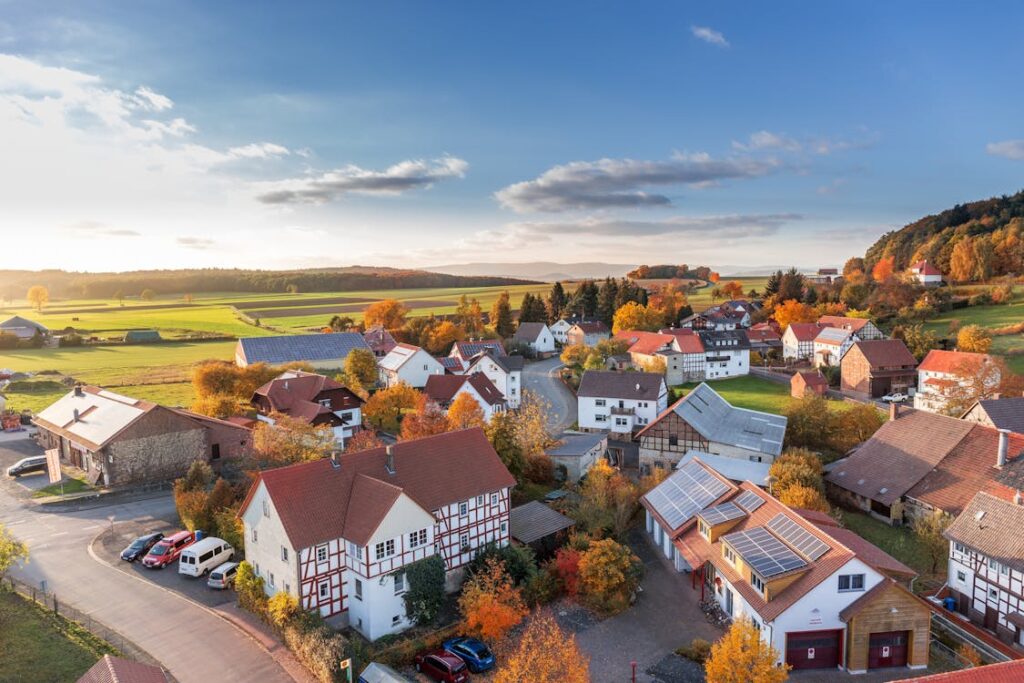In the world of real estate, the millennial generation has assumed a pivotal role, significantly influencing market trends with their unique preferences and priorities. Born between 1981 and 1996, millennials, often hailed as the “digital natives,” have become a driving force in the housing market, introducing considerations that redefine what constitutes an ideal home. As the real estate industry adapts to these shifts, it becomes imperative to delve deeper into the characteristics of a millennial homebuyer and the elements that define their home-buying decisions.
Understanding the Millennial Generation:
Beyond their technological understanding, millennials exhibit various characteristics distinguishing them from previous generations. Shaped by the advent of the internet and rapid technological advancements, they value experiences over material possessions. They are leaning towards a more flexible and dynamic lifestyle. Millennials are socially conscious and environmentally aware and often prioritize sustainability and community engagement in their choices.
Millennial Homebuyer: What Do Millennials Want in a New Home?
As millennials enter the housing market, their preferences steer the evolution of the quintessential “dream home.” A more intricate examination reveals several vital aspects that resonate deeply with millennial homebuyers:
- Technology Integration: Seamless incorporation of technology isn’t just a luxury but a fundamental expectation for millennials. Homes with intelligent features, energy-efficient appliances, and integrated automation systems are desirable and essential in a modern dwelling.
- Location-Centric Choices: In contrast to previous generations, millennials prioritize location over sheer size. Proximity to workplaces, public transportation, and vibrant urban centers is paramount. The desire for walkability and easy access to amenities, including restaurants, gyms, and parks, is a cornerstone of their housing preferences.
- Sustainability and Energy Efficiency: Environmental consciousness plays a crucial role in millennial decision-making. A home’s eco-friendly features, such as energy-efficient appliances, solar panels, and sustainable building materials, align with its commitment to a greener lifestyle.
- Flexible Spaces for Dynamic Lifestyles: A hallmark of millennial preferences is an inclination toward open, flexible floor plans that adapt to their ever-changing needs. Multi-functional spaces seamlessly transitioning from a home office to a gym or entertainment area resonate with their dynamic lifestyles.
- Affordability and Financial Transparency: With many millennials entering the workforce during economic uncertainties, affordability is paramount. Precise information on homeownership costs, transparent pricing, and flexible financing options are vital to the decision-making process.

Millennial Homebuyer: The Primary Market for Today’s Buyer:
While millennials coexist with Generation X and baby boomers in the current housing market, the dynamics are undeniably shifting. Millennials are gradually becoming the primary market for today’s buyers. Their sheer numbers and distinctive preferences propel them to the forefront of real estate transactions. Prompting industry stakeholders to reevaluate their strategies and offerings.
Developers actively respond to these changes, recognizing the importance of tailoring projects to meet millennial expectations. Modern amenities, sustainable features, and flexible design elements are integral to property development as the industry adapts to this influential demographic.
Adapting to the Future:
In conclusion, understanding the millennial homebuyer is not just a trend but a necessity for sustained success in the real estate market. As this generation continues to assert its influence, there is a growing symbiotic relationship between the real estate industry and millennials. Staying attuned to their evolving tastes, preferences, and the societal shifts they embody will be pivotal. The future of real estate lies not just in embracing change but in proactively shaping it. Thus, it will ensure a harmonious coexistence with the forces set in motion by the millennial generation. This force will undoubtedly continue to shape the industry for years to come.
Moreover, the desire for community extends beyond the physical space. Millennials, being avid users of social media and digital platforms, often seek neighborhoods that offer a robust online community. This interconnectedness contributes to a sense of belonging and facilitates the exchange of information, recommendations, and shared experiences among residents.

In response to this trend, developers are exploring innovative ways to design neighborhoods catering to millennials’ social and communal needs. From collaborative spaces for co-working and socializing to integrating technology for efficient communication within the community, the real estate landscape is witnessing a transformation to meet the preferences of the millennial homebuyer.
As the industry adapts, it’s becoming increasingly evident that understanding millennials surpasses their immediate housing needs. It involves recognizing their importance to the online and offline community. Furthermore, creating spaces that align with their values and aspirations. In this evolving landscape, the successful real estate professional is one who not only anticipates the needs of the millennial homebuyer. They actively shape developments that resonate with their dynamic and community-oriented lifestyles.




